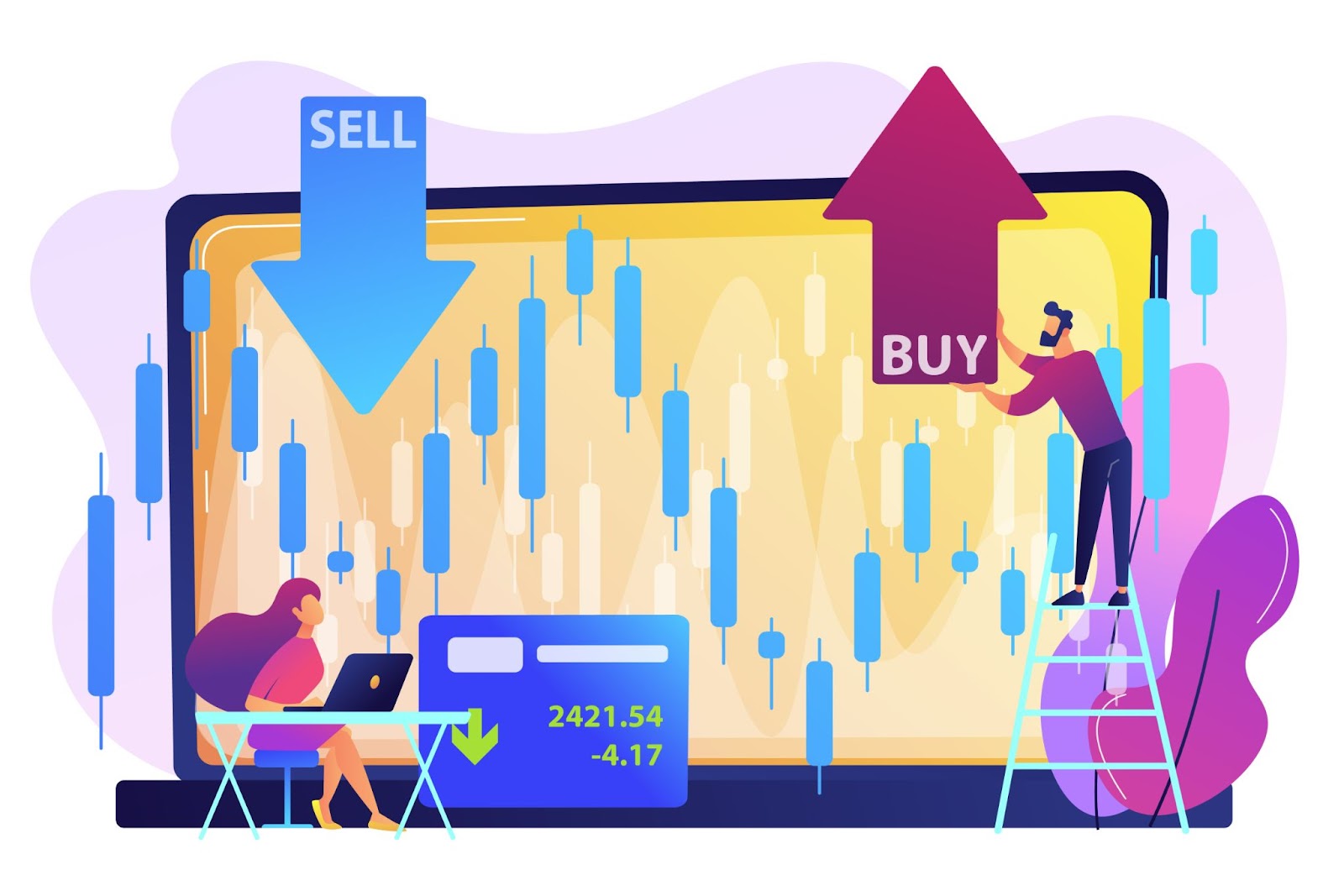Investing in the stock market is no longer just for professionals. Today, almost anyone can buy stocks, invest in bonds, or index funds — all you need is an app and a card. But with accessibility come risks: there are as many scammers in this field as in the traditional banking or crypto world. And they are getting more sophisticated.
Financial fraud in the investment sphere is not always about high-profile billion-dollar scams. Often, the deception targets ordinary people who are taking their first steps into the world of investing. Beginners are lured with attractive offers, guaranteed returns, and success stories, but end up with empty accounts and no way to recover their funds. To avoid such situations, it's important to understand how this market works and which schemes scammers most commonly use.
How Scams Work in the Stock Market
One of the most common ways to deceive is the «pumping» of little-known stocks. First, the project is heavily advertised, growth forecasts are published, and people are advised to buy the stocks urgently while they're «at the start». Once enough people have invested, the price spikes — and at this moment, the scammers sell all their assets. The remaining investors are left with plummeting stocks. This is the classic «pump and dump» scheme.

Another variant is a fictitious company with fake reports. The investor is shown growth, profits, and active operations, but in reality, none of this exists. The money simply goes to the creators' accounts, and the project eventually disappears without a trace.
There are also fake investment funds. A person believes their money is working, growing, and being managed by professionals. They even receive «reports» and see figures in an app. But in reality, there are no investments — the money has long been withdrawn. Particularly insidious are schemes where the scam is built over years and outwardly looks like a reliable investment platform.
Typical Signs of Investment Scams
Fraud schemes can vary, but they often have common features. These can be noticed even without special knowledge, the main thing is not to rush into investments. Usually, scammers are revealed by signs such as:
- promises of stable or very high returns;
- minimal specifics in investment conditions;
- pressure from consultants: «invest now», «time is short», «the opportunity will go away»;
- inability to verify information about owners or licenses;
- lack of a transparent company history;
- complex fees and restrictions on withdrawing money, which are not mentioned upfront;
- suspicious behavior after funds transfer — ignoring, disappearance of managers, account blocking.
Before investing, it's important to stop and ask yourself a simple question: where does the income they are offering even come from? If there is no answer, or it's too vague — that's already a reason to be cautious. Sometimes these schemes are covered with beautiful websites and references to ratings, but the essence remains the same — to extract money and disappear.

What Can Help Protect Against Fraud
To avoid unpleasant situations, it's important to be attentive to details from the very beginning. Do not rely solely on beautiful websites; it's recommended to check the company through official state registries. It is essential to see what people write on forums discussing real cases — there you can often find what is not told in advertisements. Never install suspicious applications or send documents to strangers, even if they present themselves as «experts». It's better to create a separate card or account specifically for investments.

Often, scammers deliberately make the text long and complicated so that a person doesn't bother to read it thoroughly. But it is in such places that clauses are hidden, allowing them to legally refuse a payout or block access.
What to Do If You Are Already Trapped
If you suspect that your money is in the hands of scammers, the main thing is not to remain silent. The first thing to do is to gather evidence: correspondence, receipts, screenshots, site conditions. These materials will help later when filing a complaint or statement.
Next, contact the appropriate authorities. This could be the national financial regulator, cyber police, consumer protection service. It's also worth notifying your bank or payment system — sometimes funds can be attempted to be recovered if a short time has passed.

Even if money cannot be recovered, information about the scam can help stop the operation and protect others. It's important to learn from the experience — invest cautiously, don't trust the first comer, and always verify information. Financial literacy is the best protection against losses, especially in a world where deception increasingly masquerades as attractive investment opportunities.


